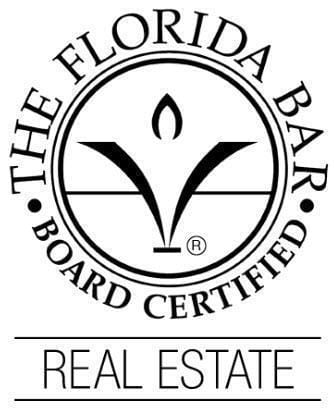Without a purchase agreement, property buyers and sellers may not have specified terms covering the return of earnest money. As noted by Realtor.com, a buyer typically deposits earnest money into a seller’s escrow account until the sale closes. A lack of specific terms regarding those funds may lead to disputes.
Buyers generally offer between 1% and 2% of the selling price as earnest money. In a hot real estate market, however, buyers may offer up to 3%. Many sellers may not accept a buyer’s offer without a good faith deposit.
Earnest money may benefit a transaction
The money placed in an escrow account typically goes toward closing the deal. Buyers and sellers may negotiate whether the deposit serves as a down payment or part of the property’s closing expenses. If the sale falls through, sellers may return the earnest money to their buyers.
A property could fail an inspection or a mortgage company may decide to not finance a loan. Depending on the applicable conditions, parties may agree on a cancellation fee. The fee may also reduce the refund amount buyers receive from the escrow account.
A seller may keep a buyer’s deposit
When a seller accepts an offer and a buyer deposits money into escrow, the seller may stop showing the property to other potential buyers. Because they overlooked additional offers, some sellers may refuse to return earnest money to buyers.
Buyers may fail to follow through with the terms of a purchase agreement such as by delaying important inspections. As noted by Bankrate.com, a buyer may lose a deposit for attempting to cancel a contract. Unless the agreement includes conditions outlining when parties may back out, sellers may keep the earnest money.
A real estate contract may include terms stipulating how parties can manage earnest money. Creating an agreement may help complete the transaction without disputes.




